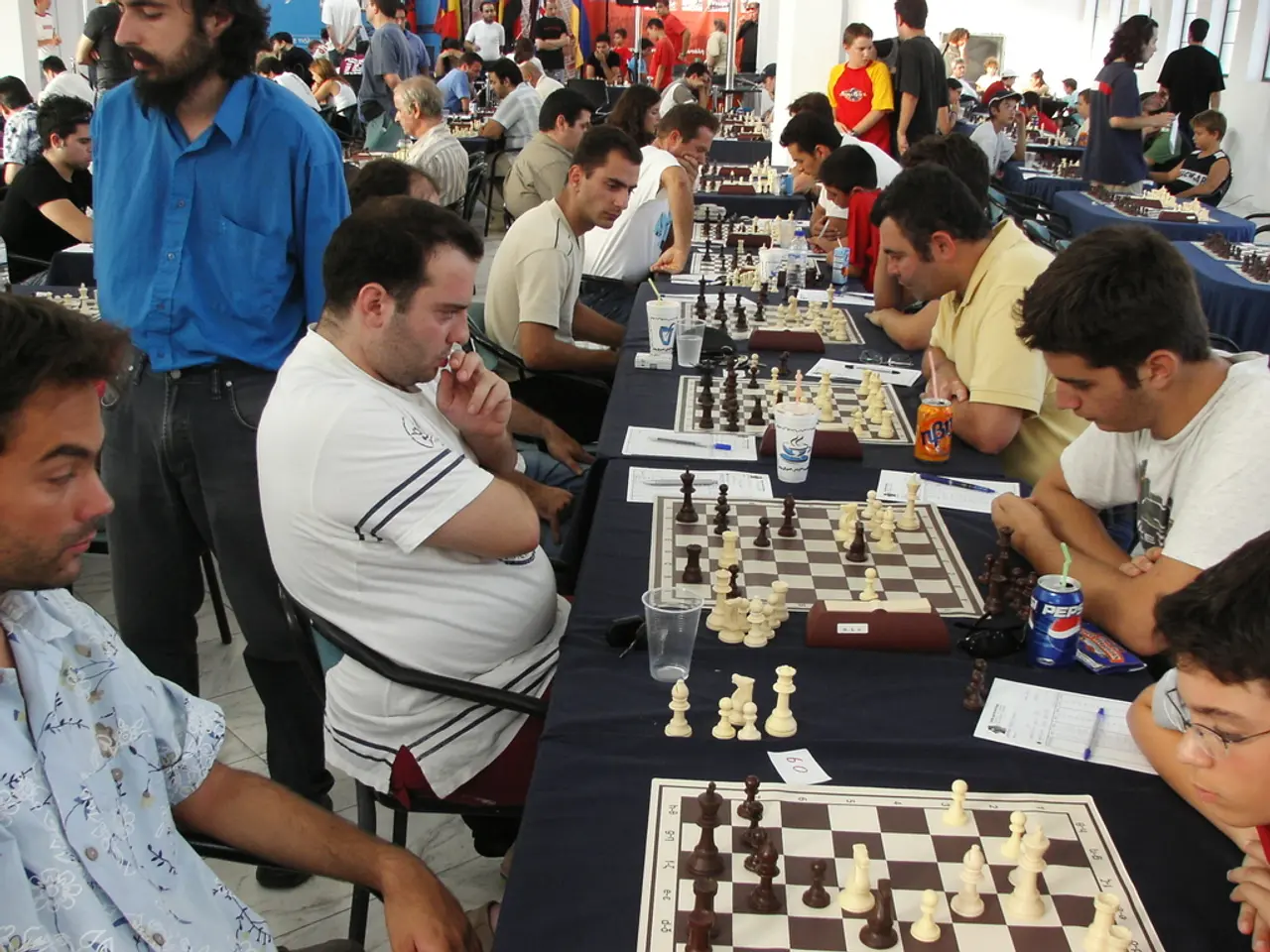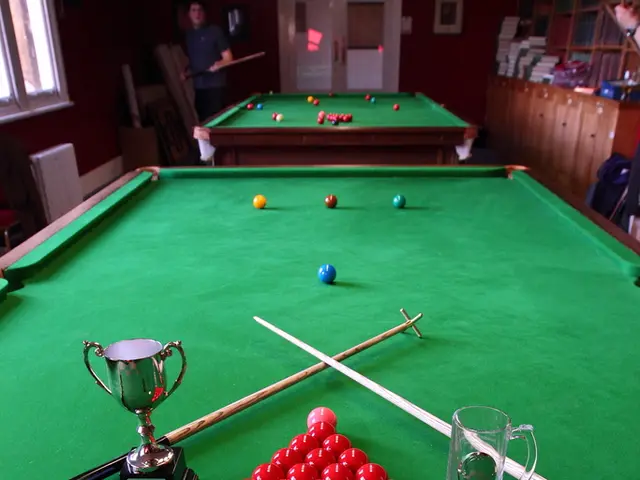The Mastermind Roulette Strategy: A Discussion on its Technique
Roulette, one of the oldest and most popular casino games, is a favourite among players due to its simplicity and accessibility. This year, a new strategy called the Mastermind Roulette Strategy will be tested to increase chances of winning.
The Mastermind Strategy is a reliable approach for managing bankroll effectively in roulette. It uses a specific bet sequence: 1, 3, 2, 6. The strategy aims for overall profitability while minimizing risk by managing losses and leveraging wins.
Simulation results of the Mastermind Roulette Strategy have shown a consistent positive return, averaging $1005.65 after starting with $1000. Final funds ranged from $925.00 to $1071.00, with a median value of $1006.00. The standard deviation of the results was relatively low at $23.10, indicating a stable performance.
Losing at any point in the Mastermind sequence returns the player to the start of the sequence with a bet of 1 unit. Winning all bets in the Mastermind sequence results in a total profit of +12 units.
In addition to the Mastermind Strategy, there are several other probability-based strategies that can help improve your odds at roulette. These include the James Bond Strategy, Paroli Strategy (Reverse Martingale), Fibonacci Sequence Strategy, D’Alembert and Labouchere Systems, and Oscar’s Grind.
The James Bond Strategy covers a large portion of the table by placing fixed bets across several number groupings in one spin. The Paroli Strategy is a positive progression system that aims to maximize winning streaks while capping losses. The Fibonacci Sequence Strategy uses the Fibonacci number progression to adjust bet sizes, aiming to recover losses gradually. The D’Alembert and Labouchere Systems offer moderate risk management by increasing or decreasing bet sizes incrementally or following a cancellation system to reach profit targets. Oscar’s Grind focuses on small, steady profit increments per session while controlling losses.
When playing roulette, it is recommended to avoid American Roulette due to its higher house edge. Instead, leverage probability over luck by diversifying your bets using probability principles to cover different numbers across rounds, increasing expected winning chances.
The Canadian casino industry generates approximately $16 billion dollars per year, with roulette being one of the most popular games in Canada. Approximately 75% of Canadian citizens play some type of casino game. Whether you choose to play roulette in casinos or online, remember that while no system overcomes the inherent house edge, probability-informed betting patterns can improve your practical winning frequency and control losses within your bankroll limits.
[1] Strategy Source: [link to the source] [2] Strategy Source: [link to the source] [3] Strategy Source: [link to the source] [4] House Edge Source: [link to the source] [5] Probability Source: [link to the source]








